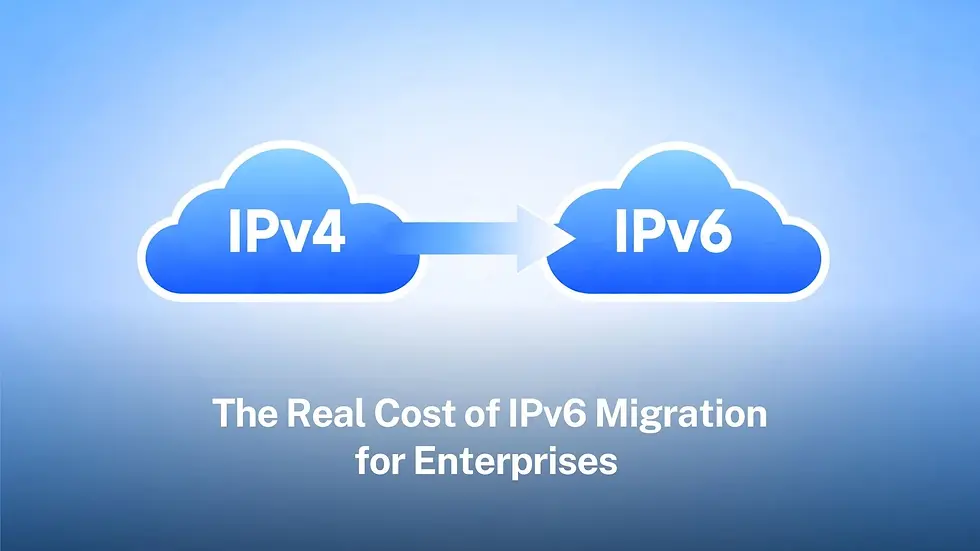The Future of Internet Governance
- LARUS Foundation

- Apr 29, 2025
- 2 min read
As the internet continues to evolve into a core infrastructure for economic growth, social interaction, education, and innovation, the conversation around internet governance is gaining critical importance. Internet governance refers to the processes, policies, and institutions that influence how the internet is managed, including technical standards, data privacy, cybersecurity, and digital access. The future of internet governance will be shaped by competing interests, emerging technologies, and the urgent need for international cooperation.
Centralized vs. Decentralized Control
One of the most pressing challenges in internet governance is the tension between centralized and decentralized models of control. Traditionally, internet governance has relied on a multistakeholder approach, involving governments, private companies, civil society, and technical communities like APNIC, ICANN, and the IETF. This model encourages collaboration and ensures that no single entity can dominate decision-making. However, in recent years, some governments have pushed for greater state control over internet infrastructure and data flows, citing national security and digital sovereignty.
The Risk of Fragmentation
This growing fragmentation—sometimes referred to as the “splinternet”—poses serious risks to the global nature of the internet. If countries build isolated digital ecosystems with incompatible standards, the open and interconnected internet we rely on could be compromised. The future of internet governance will depend on whether nations can find a balance between sovereignty and interoperability, and whether they can cooperate on global standards while respecting local laws and values.
Emerging Technologies and Policy Gaps
Another major factor shaping internet governance is the rise of emerging technologies such as artificial intelligence, blockchain, and the Internet of Things (IoT). These technologies raise new questions about accountability, algorithmic bias, data ownership, and machine autonomy. As digital infrastructure becomes more complex and pervasive, governance frameworks will need to be more agile and forward-looking. There’s a growing need for policies that are both technically informed and socially inclusive.
Cybersecurity and International Cooperation
Cybersecurity is another key concern. With cyber threats growing in scale and sophistication, internet governance must prioritize collaborative defense strategies. Regional internet registries like APNIC play an important role in promoting best practices, such as resource certification and RPKI, to secure internet routing and prevent attacks like BGP hijacking. At the international level, cooperation among governments, private sector players, and technical bodies is essential to build trust and respond to incidents quickly.
Digital Inclusion and Equity
Digital inclusion will also be at the heart of future internet governance. Ensuring equitable access to digital resources, particularly in underserved regions, is not just a matter of connectivity—it’s about empowering communities to participate fully in the digital economy. Governance models must consider the unique needs of developing countries, promote capacity-building initiatives, and protect fundamental rights such as freedom of expression and privacy.
Conclusion
In conclusion, the future of internet governance is at a crossroads. It will require a renewed commitment to the multistakeholder model, greater transparency, and inclusive participation from all sectors of society. As the internet becomes increasingly integral to our lives, its governance must remain open, resilient, and reflective of the public interest on a global scale.
.png)



Comments